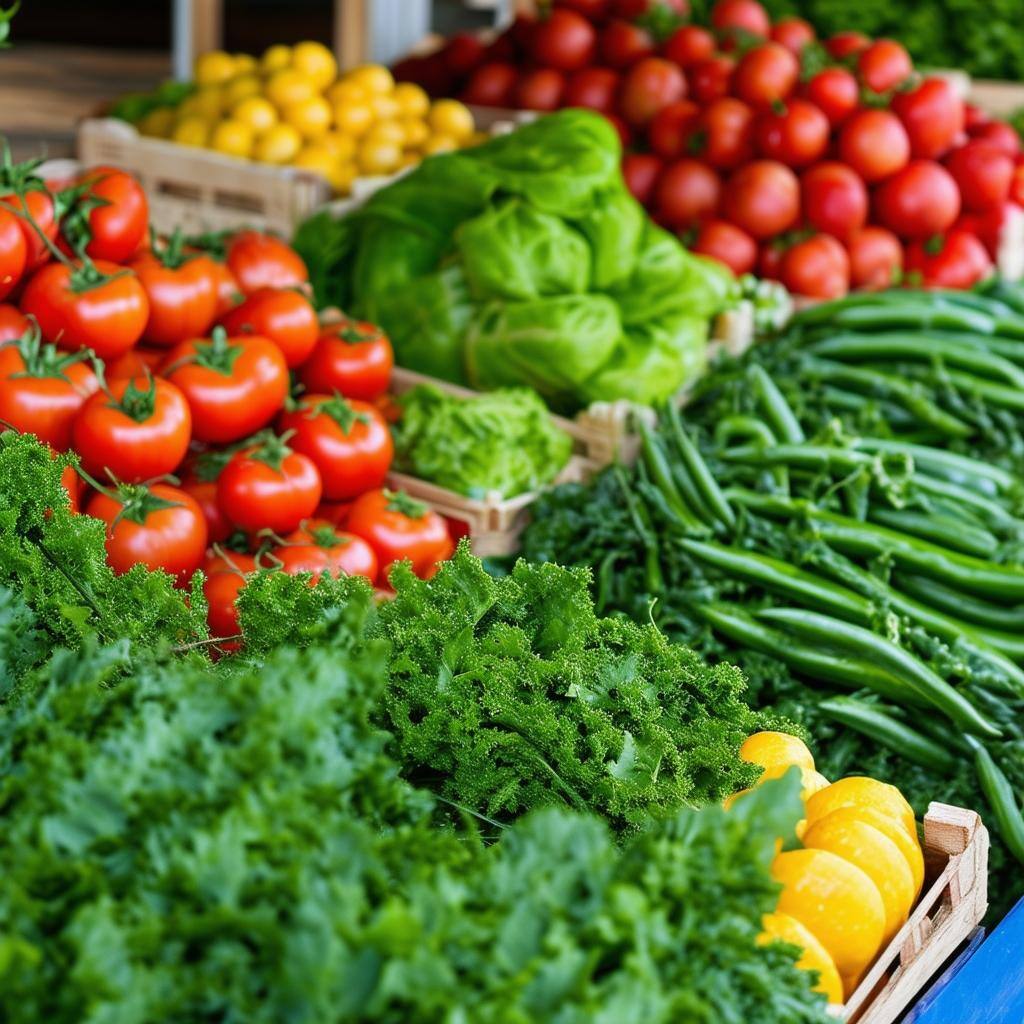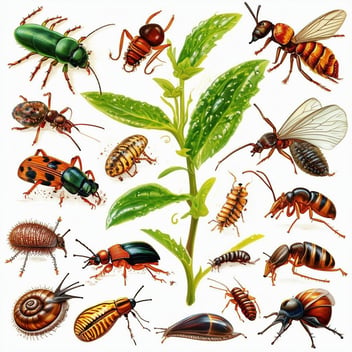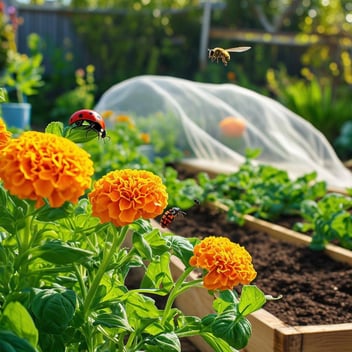Top Tips for Extending the Shelf Life of Your Garden Harvest
Introduction
The culmination of diligent gardening is a bountiful harvest. However, without proper preservation, this abundance can quickly wane. Implementing effective strategies to extend the shelf life of your garden produce ensures that the fruits of your labor can be savored long after the harvest season.
Harvesting at the Right Time
Timing is paramount in harvesting. Picking fruits and vegetables at their peak ripeness not only enhances flavor but also prolongs storage life. For instance, tomatoes should be harvested when fully colored yet firm, while cucumbers are best picked when uniformly green and slightly firm to the touch. Overripe produce tends to deteriorate faster, reducing shelf life.
Proper Harvesting Techniques
Employing gentle harvesting methods minimizes physical damage, which can lead to spoilage. Using sharp, sanitized tools to cleanly cut produce like lettuce or herbs prevents bruising and reduces the risk of introducing pathogens. For root vegetables, carefully loosening the soil before extraction helps maintain their integrity.
Initial Post-Harvest Handling
After harvesting, proper handling is crucial. Avoid washing produce immediately unless it's to be consumed soon, as excess moisture can promote mold growth. Instead, gently brush off soil and debris. If washing is necessary, ensure produce is thoroughly dried before storage to prevent moisture-related spoilage.
Appropriate Storage Conditions
Each type of produce has specific storage requirements. Leafy greens thrive in high-humidity environments and should be stored in the refrigerator's crisper drawer. Conversely, onions and garlic prefer cool, dry conditions and should be kept in well-ventilated areas away from potatoes, as proximity can cause sprouting.
Utilizing Preservation Methods
Beyond fresh storage, preservation techniques can significantly extend produce longevity. Canning is ideal for high-acid foods like tomatoes, while blanching and freezing suit most vegetables, maintaining their nutritional value. Dehydrating herbs and fruits concentrates flavors and allows for long-term storage without refrigeration.
Regular Monitoring and Maintenance
Consistently inspecting stored produce is vital. Promptly removing any items showing signs of spoilage prevents the spread of decay to healthy produce. This practice not only extends the shelf life of your harvest but also ensures food safety.
By adhering to these practices, you can maximize the longevity of your garden's yield, reducing waste and enjoying homegrown flavors throughout the year.




